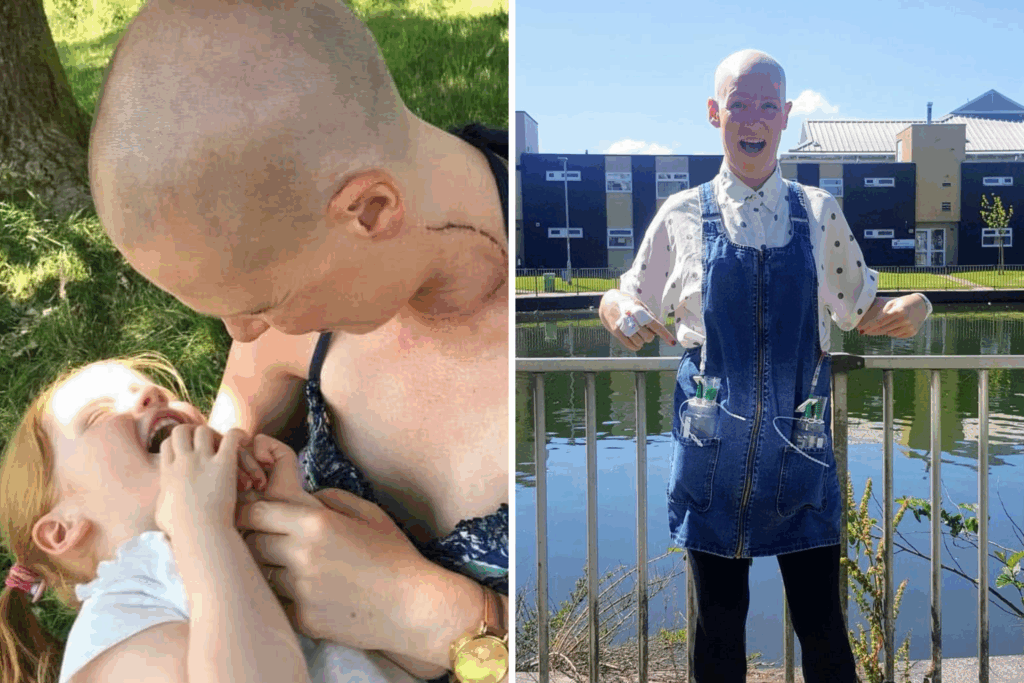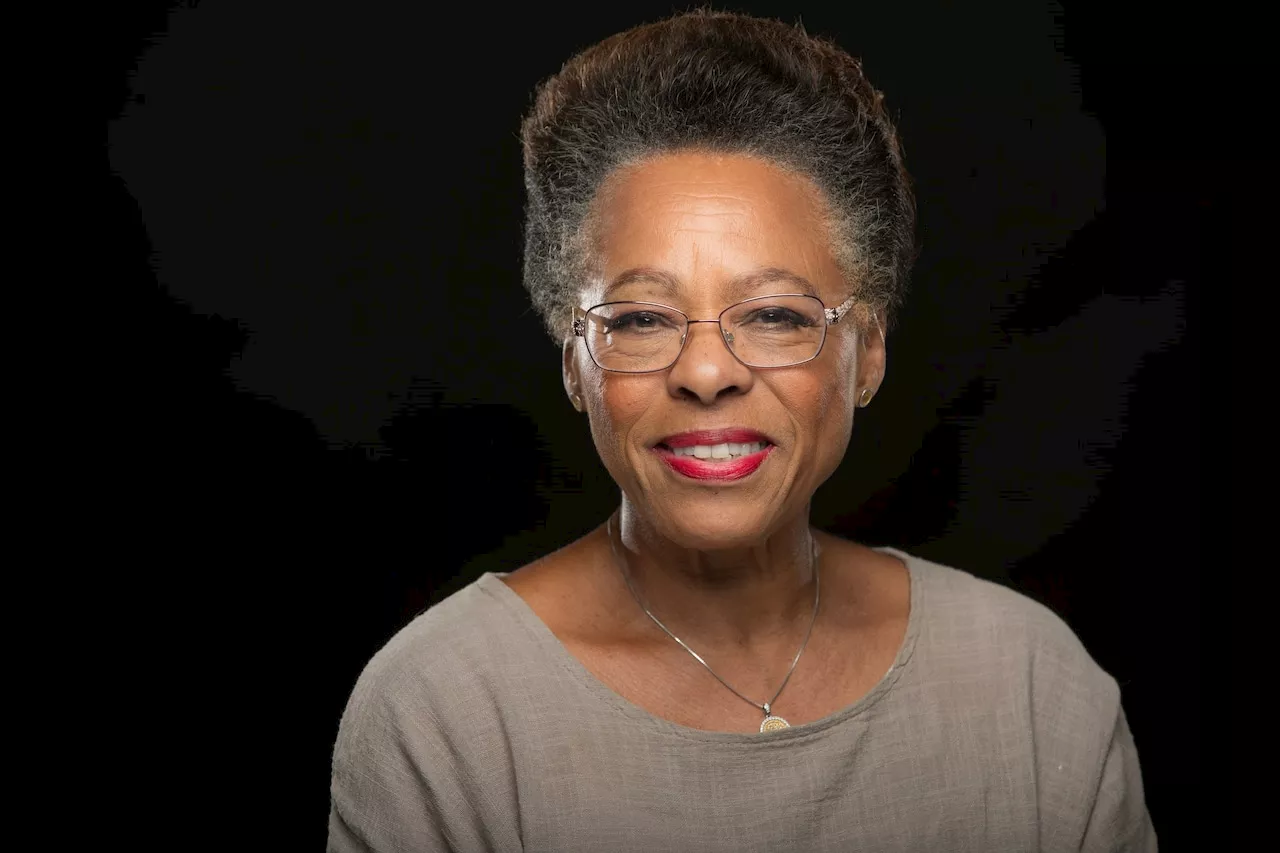
In 2018, Roisín Pelan faced a devastating diagnosis of stage 3C metastatic breast cancer, with doctors predicting she had just three years to live. Seven years later, Pelan, now 43, continues to defy expectations, celebrating her health with clear medical scans. Her journey, marked by resilience and advocacy, highlights the evolving landscape of cancer treatment and the importance of hope.
Pelan first discovered a lump in her breast while pregnant, leading to an early labor and a mastectomy just six days after giving birth to her daughter, Lily, who is now 11 years old. After enduring six rounds of chemotherapy, Pelan was declared cancer-free. However, in January 2018, she began experiencing pain and discovered a lump in her neck, signaling the return of her cancer. “I knew it was back,” Pelan recalled in an interview.
Diagnosed once more, this time with stage 3C metastatic breast cancer, Pelan’s prognosis was grim. The cancer had spread to several lymph nodes, including those under her arm and around her neck, raising concerns about its potential to invade major organs. “Even though it hadn’t spread to any major organs, it was classed as stage 3C—and once it reaches that area, it’s often considered incurable,” she explained.
Understanding Survival Rates
According to **Macmillan Cancer Support**, approximately 55,000 women are diagnosed with breast cancer each year in the UK. In the United States, the American Cancer Society reports that breast cancer is the most common cancer among women, accounting for about 30 percent of all new female cancer cases annually.
Dr. Daniel Landau, a board-certified expert in oncology, emphasized that survival rates often depend on individual circumstances rather than generalized statistics. He noted that clinical trials provide an average outcome, but many factors, including patient health, tumor biology, and treatment advancements, significantly influence individual prognosis. “It’s a very inexact science,” Landau stated, underscoring that new therapies can dramatically change outcomes.
A Journey of Advocacy and Hope
Faced with a dire prognosis, Pelan rejected the initial recommendation for palliative chemotherapy. Instead, she advocated for aggressive treatment options, including surgery to remove the tumor. “My oncologist got me on every medication possible, and I went every week for 24 weeks for 18 rounds of chemotherapy,” she detailed. By September 2018, Pelan received a clear positron emission tomography (PET) scan, marking a turning point in her battle against cancer.
In the following year, she adopted her son, Bill, now six years old. The decision to adopt was influenced by the complex relationship between pregnancy and breast cancer risk. Pelan described Bill as “hilarious and a perfect boy,” emphasizing the joy her family brings her.
Pelan’s experience has driven her to help others facing similar challenges. She established the charity **Fighting to be Heard**, aimed at raising awareness and providing financial support for those with incurable secondary breast cancer. In addition to her advocacy work, Pelan has authored a children’s book and shares her journey on social media.
Reflecting on her progress, she expressed gratitude for the milestones she has achieved, including watching Lily start and finish primary school. “It’s impossible not to think back to those early days when I didn’t know if I’d get here. It’s been emotional,” Pelan shared.
Despite her successful treatment, she remains on long-term medication, including **Palbociclib**, to prevent any microscopic cancer cells from developing further. “Even though I had surgery and the tumor was removed, I’m still on long-term treatment—not because the cancer is active right now, but to help stop any microscopic cells from growing or spreading again,” she explained.
Pelan’s story serves as a powerful reminder of the strength of the human spirit and the importance of hope in the face of adversity. Her ongoing journey illustrates that survival statistics can be misleading, and with advancements in treatment, many individuals can defy odds and live fulfilling lives despite cancer diagnoses.







